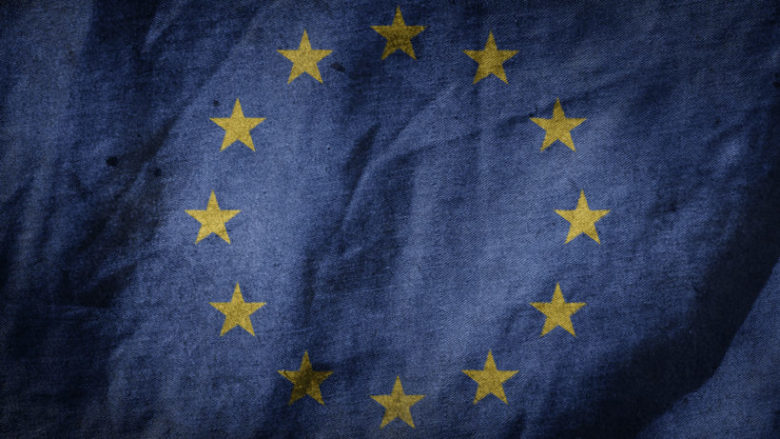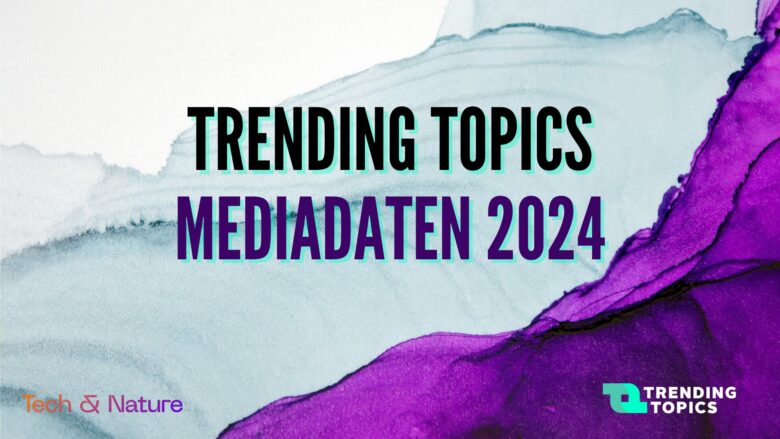Final Approval for Controversial Copyright Reform

The controversial EU Copyright reform leaps over the last hurdle and is now finally approved. This means Google & Co will have to sign licensing agreements with musicians, artists, journalists to use their work online, while Youtube and Facebook will have to install upload filters.
On Monday, for one last time, the reform was on the agenda – this time during a meeting of the EU Council at a meeting of Ministers of Agriculture. There, the ministers of the member states voted on the copyright reform. The decision was not made unanimously: Italy, Luxembourg, the Netherlands, Poland, Finland and Sweden voted against the reform. Belgium, Estonia and Slovenia abstained.
19 countries vote for
The six opposing votes and three abstentions face 19 pro votes. Bulgaria has also voted for.
The EU states now have two years to implement the reform into national law. Only then the critics of the reform can fight them before the European Court of Justice (ECJ). The chances of bringing down strict copyright laws are then not so bad: The equally controversial data retention could be brought down to the ECJ.
Paving the way for upload and distribution filters
In short, media publishers can now require remuneration for their content when used in aggregators. Also, platforms will be responsible for the uploaded user-generated content – this basically means upload filter could be applied.
The two significant points of the copyright reform are the much-discussed Articles 11 and 13. “The directive aims to ensure that the longstanding rights and obligations of copyright law also apply to the Internet. YouTube, Facebook, and Google News are some of the Internet household names that will be most directly affected by this legislation,” says a press release from the European Parliament. “The directive aims to enhance rights holders’ chances, notably musicians, performers and script authors, (creatives) as well as news publishers, to negotiate better remuneration deals for the use of their works when these feature on Internet platforms. It does this by making Internet platforms directly liable for content uploaded to their site,” states the release. Specific uploaded content such as Memes or GIFs are now explicitly excluded from the policy, news and articles can be further linked in very short excerpts.
Article 11 (or Article 15): Every press publisher should be able to demand royalties from search engines, aggregators and social networks for the use of their press releases, if they show not only a simple link but also parts of the content, such as the headline or a teaser with a picture. It remains undefined how many words Google News can use for free. As sharing snippets of news articles is specifically excluded from the scope of the directive, it can continue exactly as before, states the release. The ancillary copyright, which has already been introduced in Germany and Spain, has not yet been successful.
Article 13 (or Article 17): In the future, online platforms that publish and store large volumes of user-generated content (providers of online content-sharing services) should be directly responsible for violation of the copyright of their users. There is nothing about upload filters in the text. However, there is no realistic way to go around such filters as the platforms will need to automate the processing and checking of enormous content volumes. As reported, such filters (some better, some worse) are already in use on platforms like YouTube, Facebook, Vimeo or Soundcloud. Opponents argued that such filters would amount to a censorship machine.
Exceptions for startups & developers, but…
The text specifies that uploading works to online encyclopedias in a non-commercial way, such as Wikipedia, or open source software platforms, such as GitHub, will automatically be excluded from the scope of this directive. Further, the EU Parliament also states that “Start-up platforms will be subject to lighter obligations than more established ones.” In practice, startups, being companies with
- less than €10M annual revenue
- less than 5M monthly active users
- less than 3 years in the EU market,
are not subject to as strict rules as the major platforms. “I am also glad that the text agreed today protects start-ups in particular. Tomorrow’s leading companies are today’s startups and diversity results from a large pool of innovative, dynamic and young companies,” says rapporteur Axel Voss (EPP).
However, startups, if successful, have the habit of growing fast, which means the 5M users might not be that far away. So then the same rules that apply for the US giants Google and Facebook, that have billions of dollars available to sort out copyrighted material, will affect them.




























